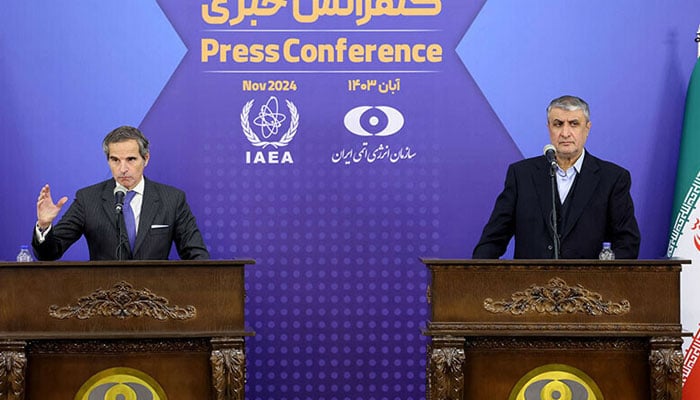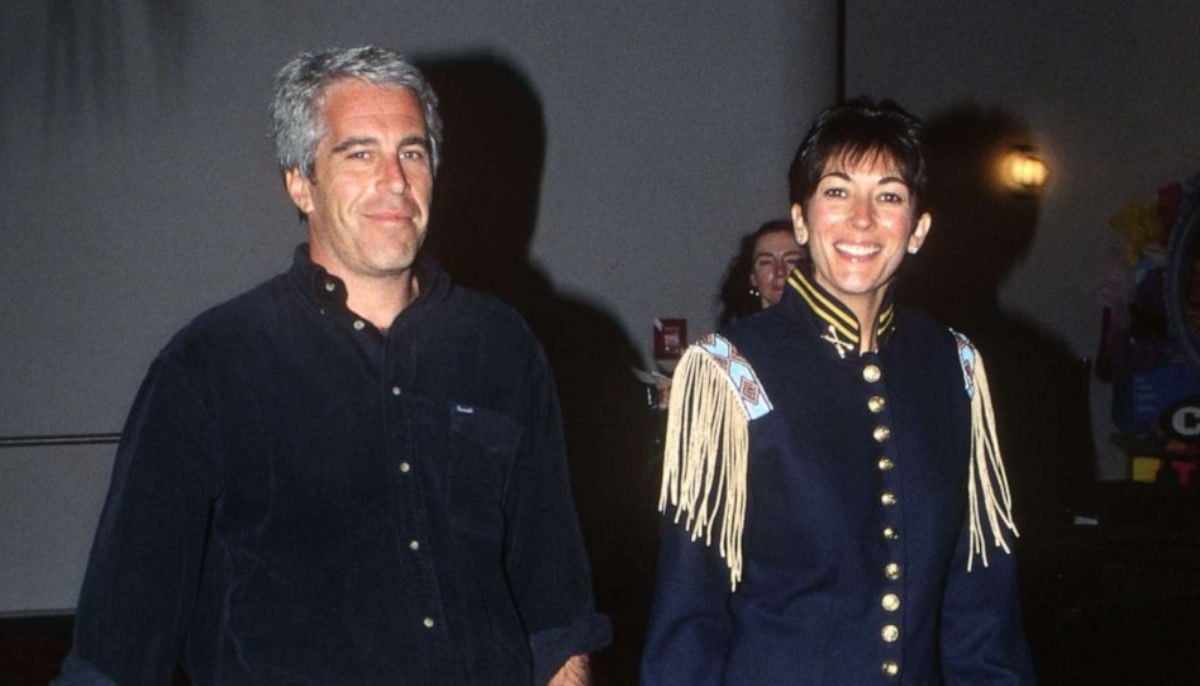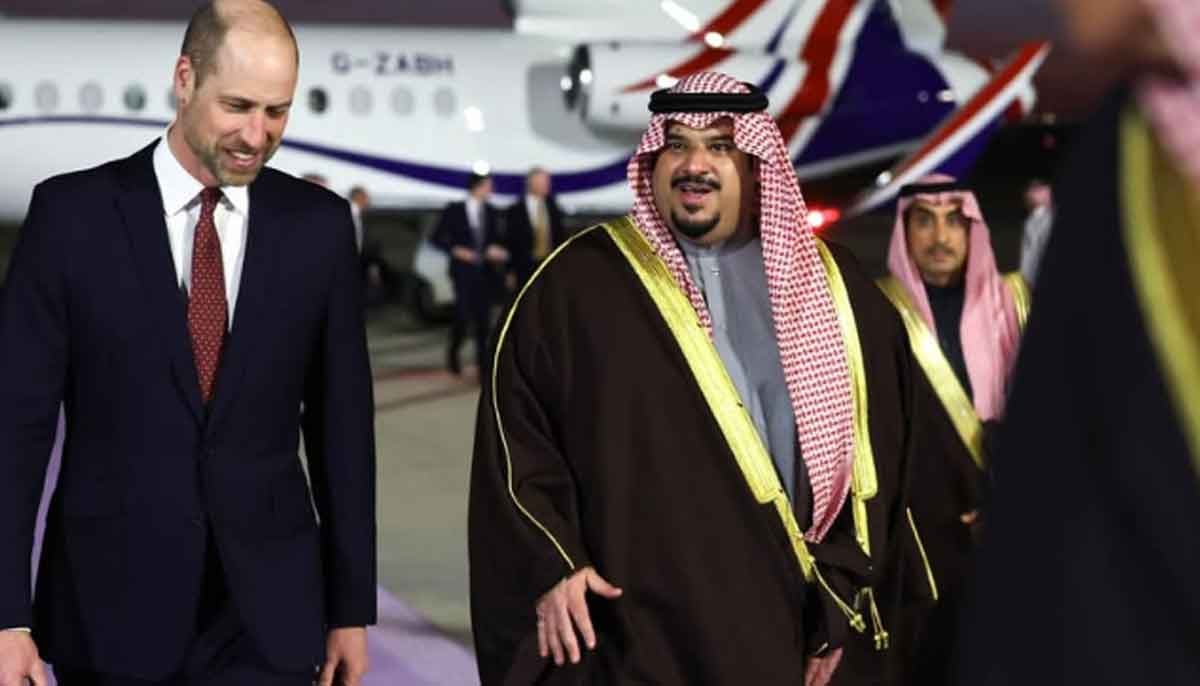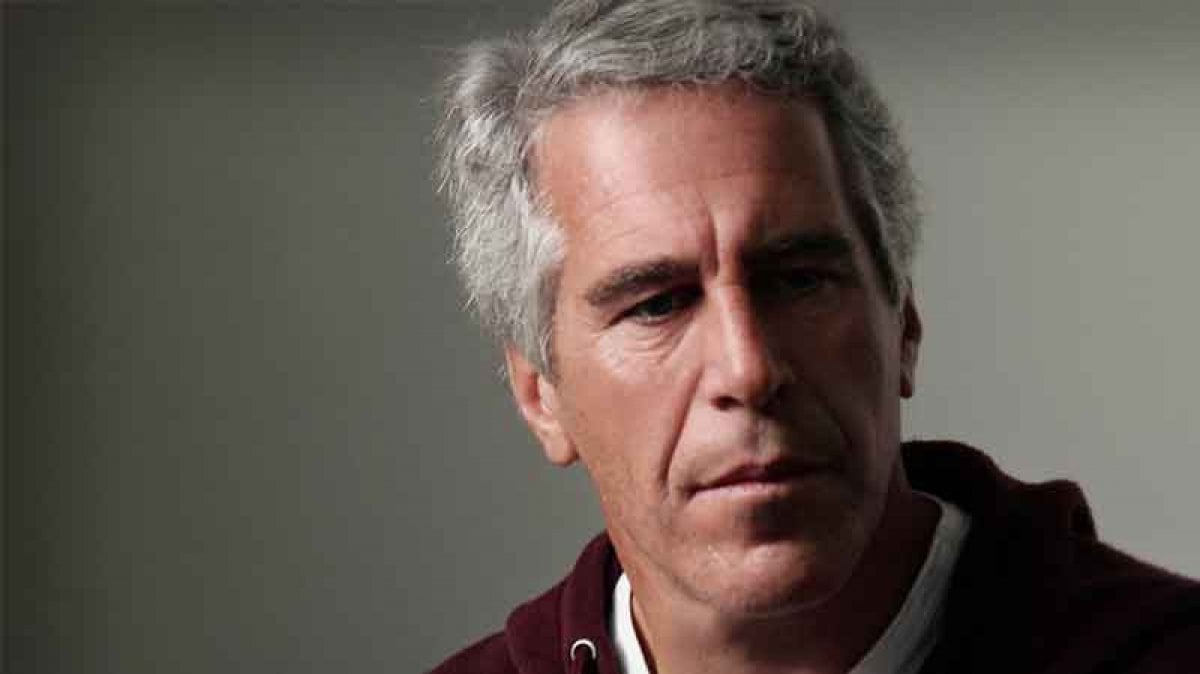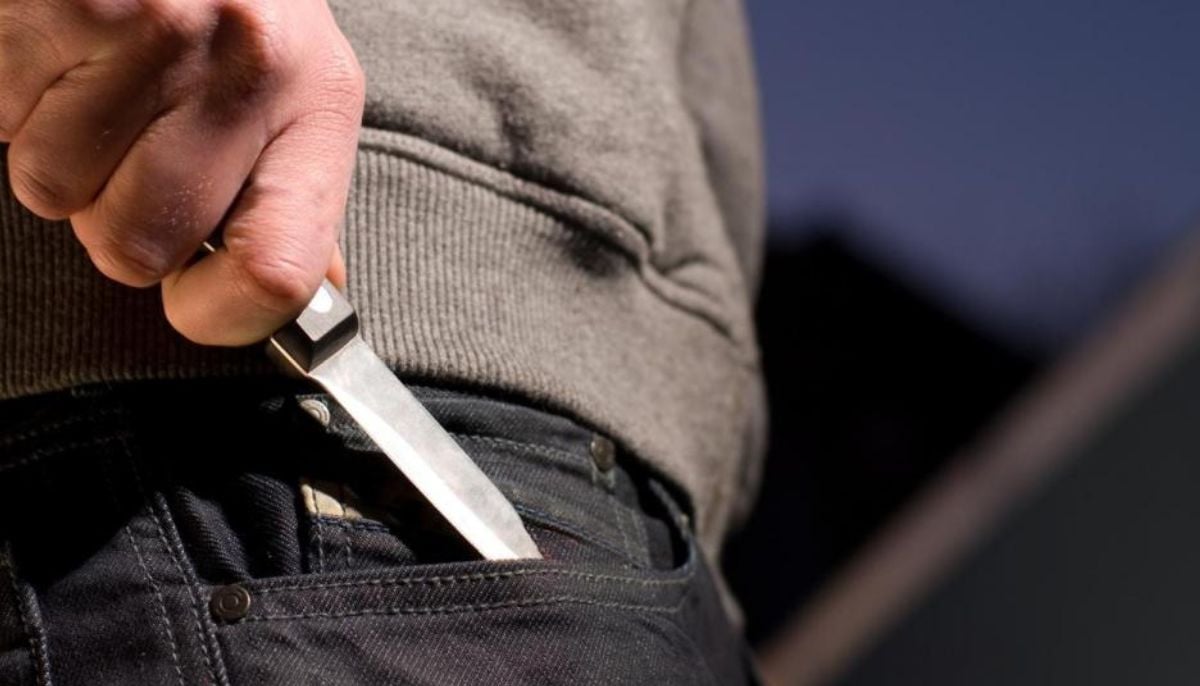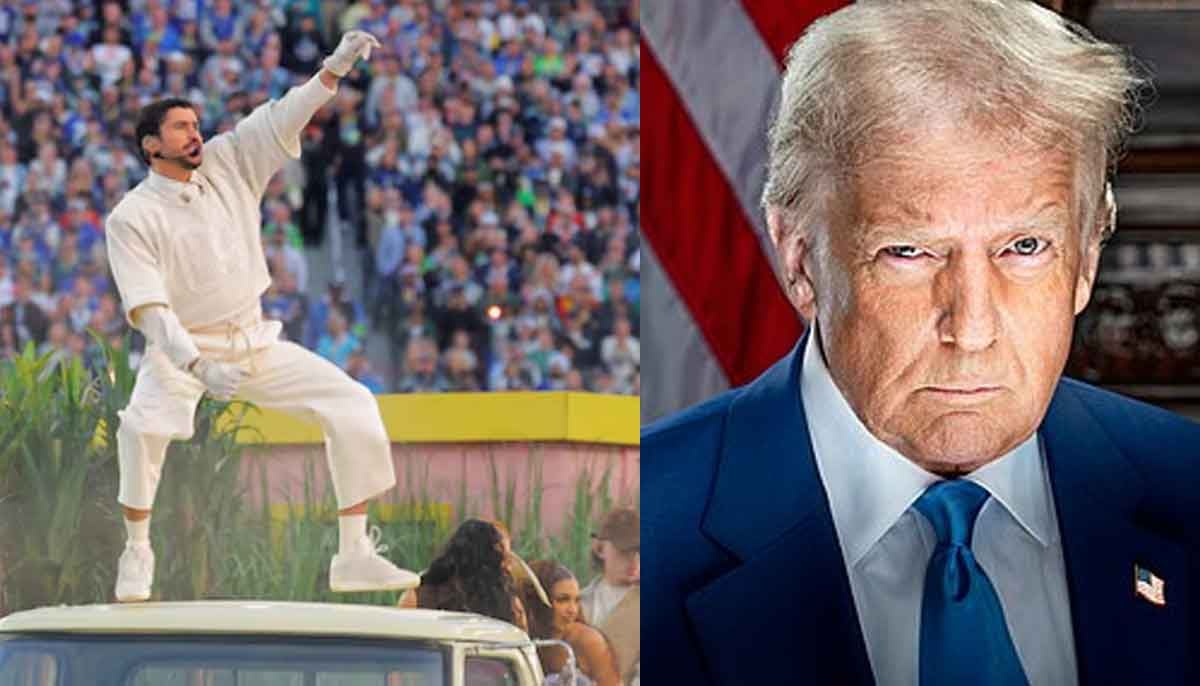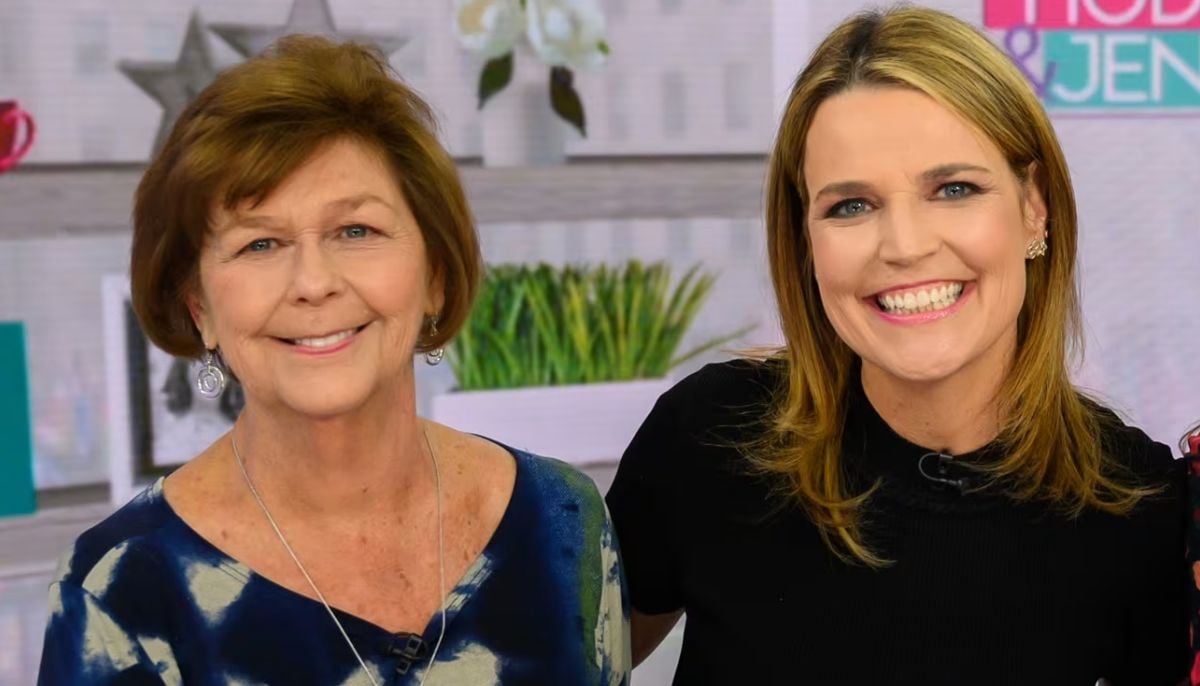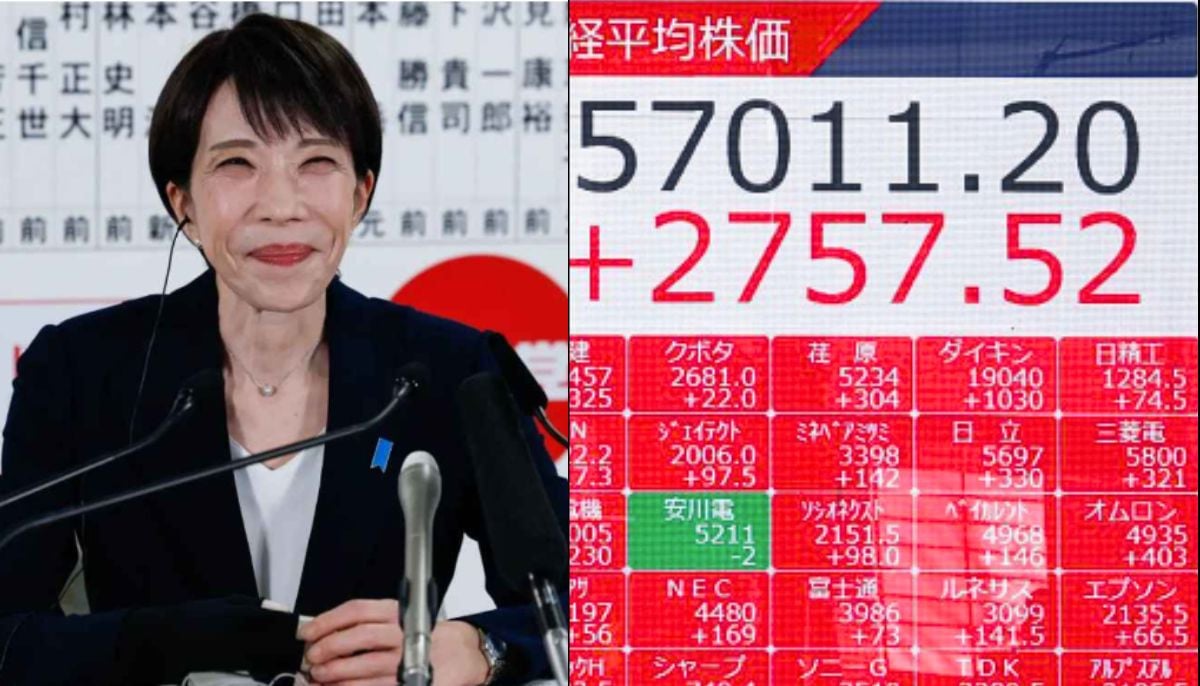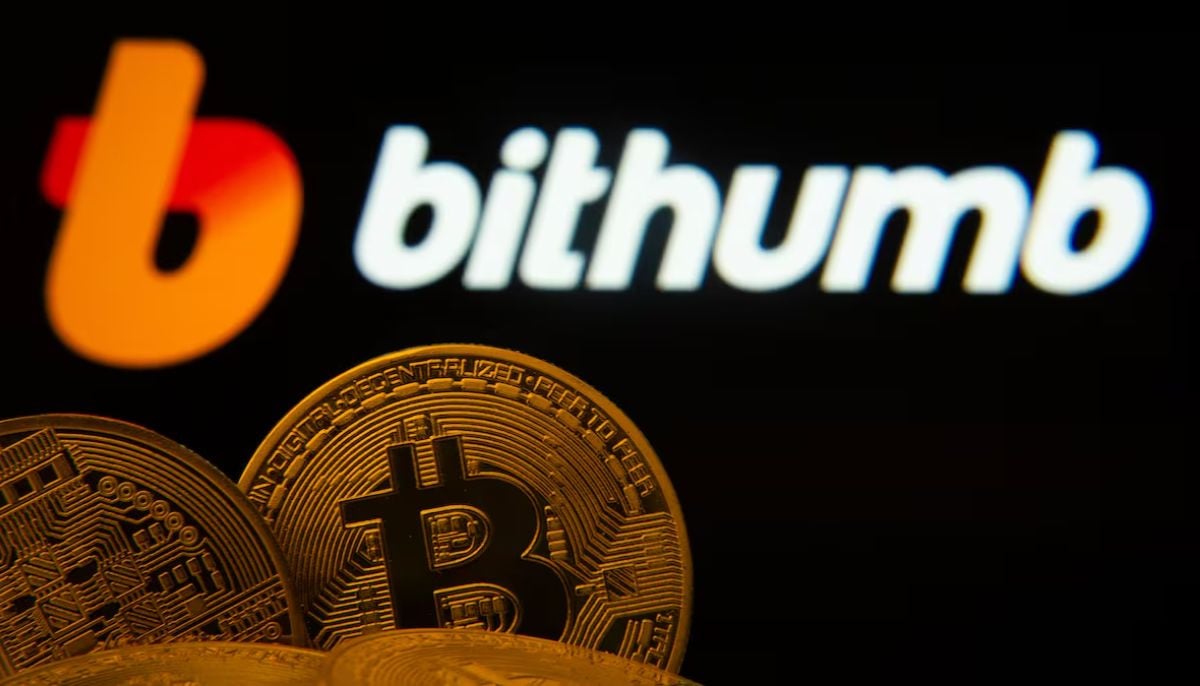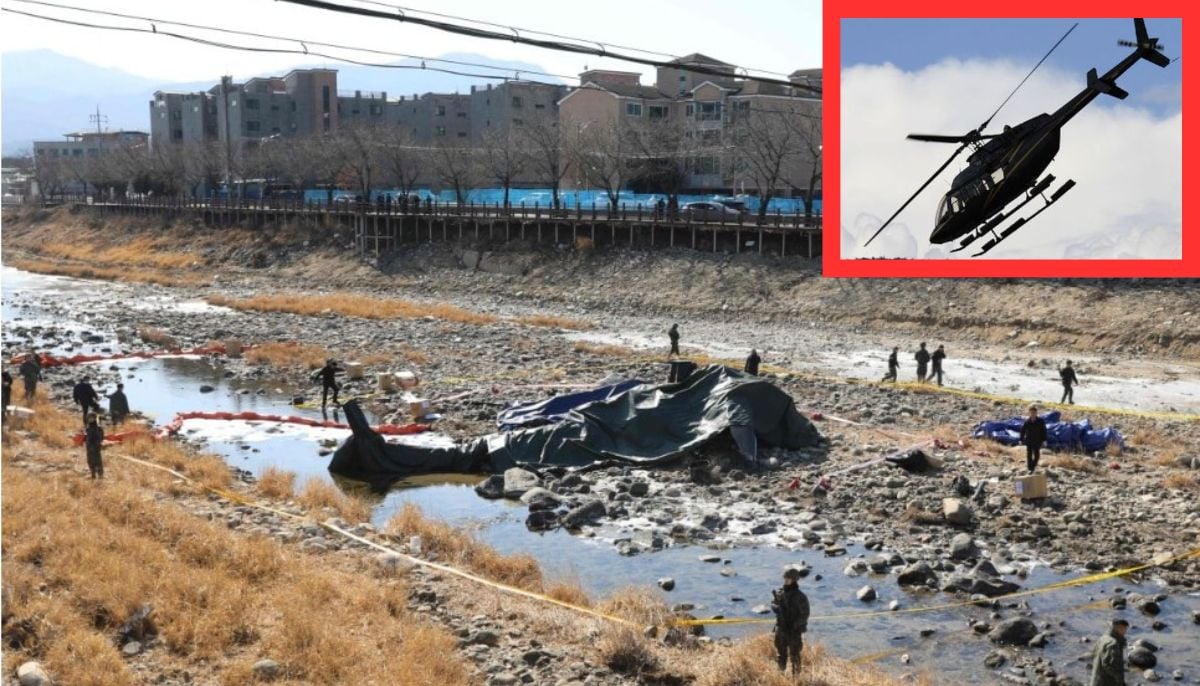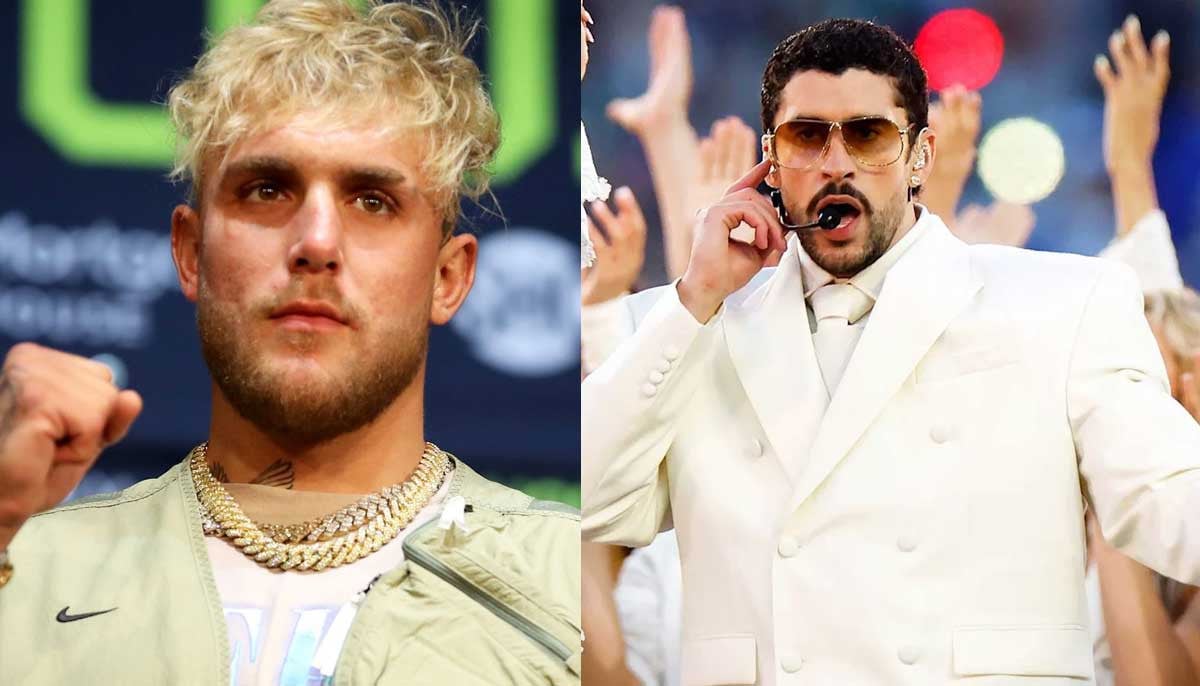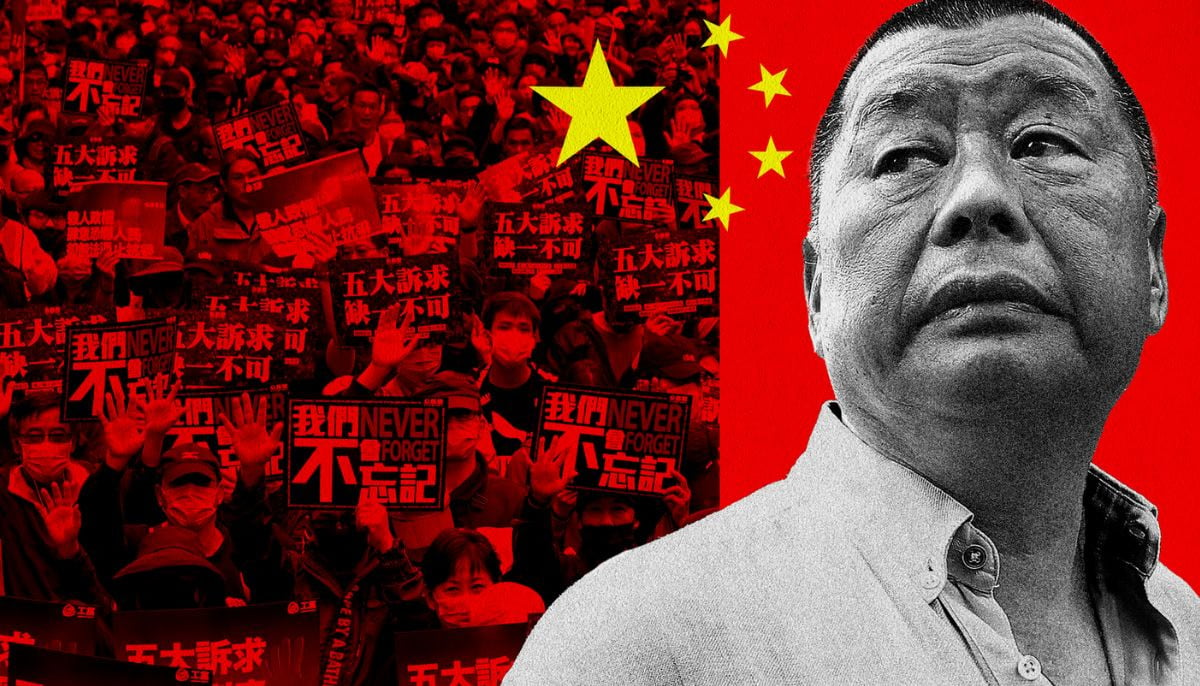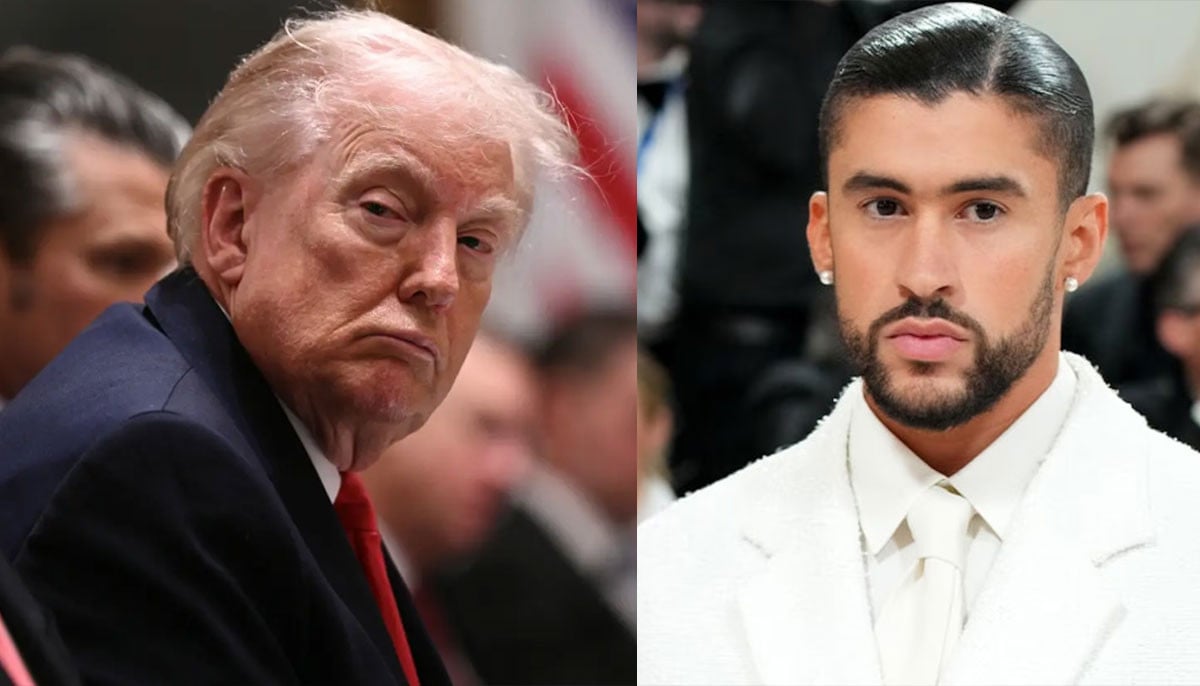Iran to discuss nuclear programme with European nations
IAEA’s resolution urged Iran to "fulfil its legal obligations" under Non-Proliferation Treaty (NPT) ratified in 1970
TEHRAN: Iran will hold crucial talks on Friday with France, Germany, and the United Kingdom to discuss its nuclear programme.
The vital meeting comes after the three European nations, along with the United States, decided to get Tehran censured by the UN nuclear watchdog.
Last week’s chiding prompted a defiant response from Tehran, but its officials have since signalled willingness to engage with other parties ahead of the return of US President-elect Donald Trump, whose last administration pursued a policy of "maximum pressure" against the Islamic republic.
Iranian diplomat Majid Takht-Ravanchi, who serves as the political deputy to Foreign Minister Abbas Araghchi, is scheduled to represent Iran in the talks on Friday.
He will meet beforehand with Enrique Mora, deputy secretary general of the EU’s foreign affairs arm, according to the IRNA state news agency.
Last week, the 35-nation board of governors of the UN’s International Atomic Energy Agency (IAEA) adopted a resolution condemning Iran for its lack of cooperation on nuclear issues.
The resolution was brought by France, Germany, the United Kingdom and the United States, and was actively opposed by Tehran.
In response, Iran announced the launch of "new advanced centrifuges" designed to increase its stockpile of enriched uranium.
Tehran’s willingness to sit down with the three European countries so soon after the censure comes just weeks before Trump is set to return to the White House in January.
During his first term, Trump focused on imposing heavy sanctions on Iran following the United States’ unilateral withdrawal from a landmark 2015 nuclear deal three years after it was established.
That agreement between Tehran and major powers aimed to give Iran relief from crippling Western sanctions in exchange for limiting its nuclear programme to prevent it from developing a nuclear weapon.
In retaliation for the US withdrawal, Tehran has reduced its compliance with the deal, raising its uranium enrichment levels to 60 percent -- close to the 90 percent required for a nuclear bomb.
Tehran has consistently denied any intentions of pursuing nuclear weapons.
For Tehran, the goal of the talks on Friday is to avoid a "double disaster" scenario, in which it would face renewed pressures from both Trump and European nations, according to political analyst Mostafa Shirmohammadi.
He noted that Iran’s support among European nations had been eroded by allegations it offered military assistance for Russia’s invasion of Ukraine.
Iran has denied these accusations and hopes to mend relations with Europe, while also maintaining a firm stance.
‘Legal obligations’
The IAEA’s censure resolution urged Iran to "fulfil its legal obligations" under the Non-Proliferation Treaty (NPT) ratified in 1970, which requires member states to declare and maintain their nuclear materials under IAEA supervision.
In response, Foreign Minister Araghchi, who was instrumental in the nuclear negotiations in 2015, said Iran was commissioning "several thousand advanced centrifuges".
The head of Atomic Energy Organisation of Iran, Mohammad Eslami, said Wednesday that they had begun inserting gas into the centrifuges.
Centrifuges work by rapidly spinning uranium gas to increase the proportion of the fissile isotope U-235.
Iran insists on its right to nuclear energy for peaceful purposes, but according to the IAEA, it is the only non-nuclear-weapon state enriching uranium to 60 percent.
Under the 2015 accord -- which will expire in October 2025 -- Iran’s enrichment was capped at 3.67 percent.
Supreme leader Ayatollah Ali Khamenei, who has the final authority in Iran’s decision-making, has issued a religious decree, or fatwa, prohibiting the use of atomic weapons.
Iran’s nuclear programme dates back to the late 1950s when the United States, then an ally, signed a civil cooperation agreement with Shah Mohammad Reza Pahlavi.
-
Super Bowl halftime show 2026: What did Trump say about Bad Bunny?
-
Former NYPD detective says Nancy Guthrie's disappearance 'could be hoax'
-
Japan Elections: Stock surges record high as PM Sanae Takaichi secures historic victory
-
$44B sent by mistake: South Korea demands tougher crypto regulations
-
South Korea: Two killed as military helicopter crashes during training
-
Jake Paul criticizes Bad Bunny's Super Bowl LX Halftime Show: 'Fake American'
-
Hong Kong court sentences media tycoon Jimmy Lai to 20-years: Full list of charges explained
-
Trump passes verdict on Bad Bunny’s Super Bowl halftime show
